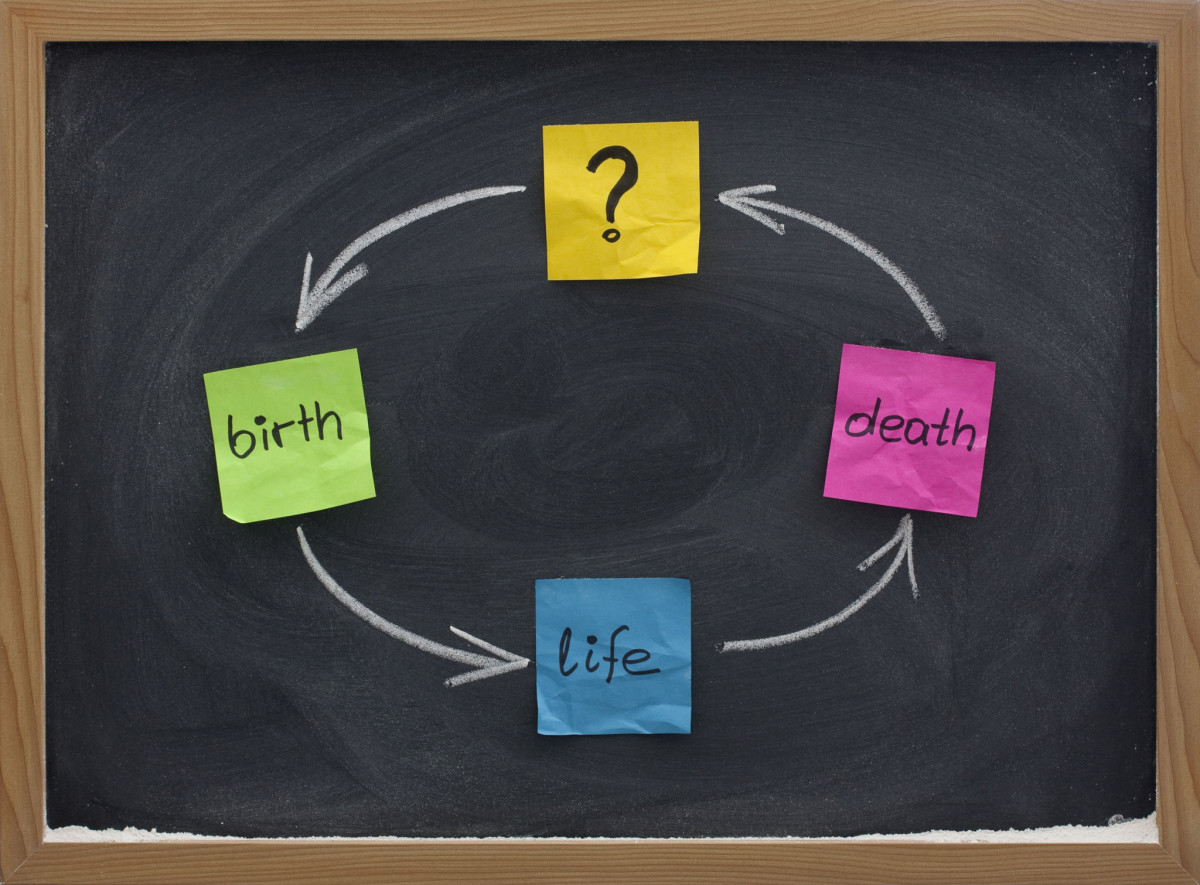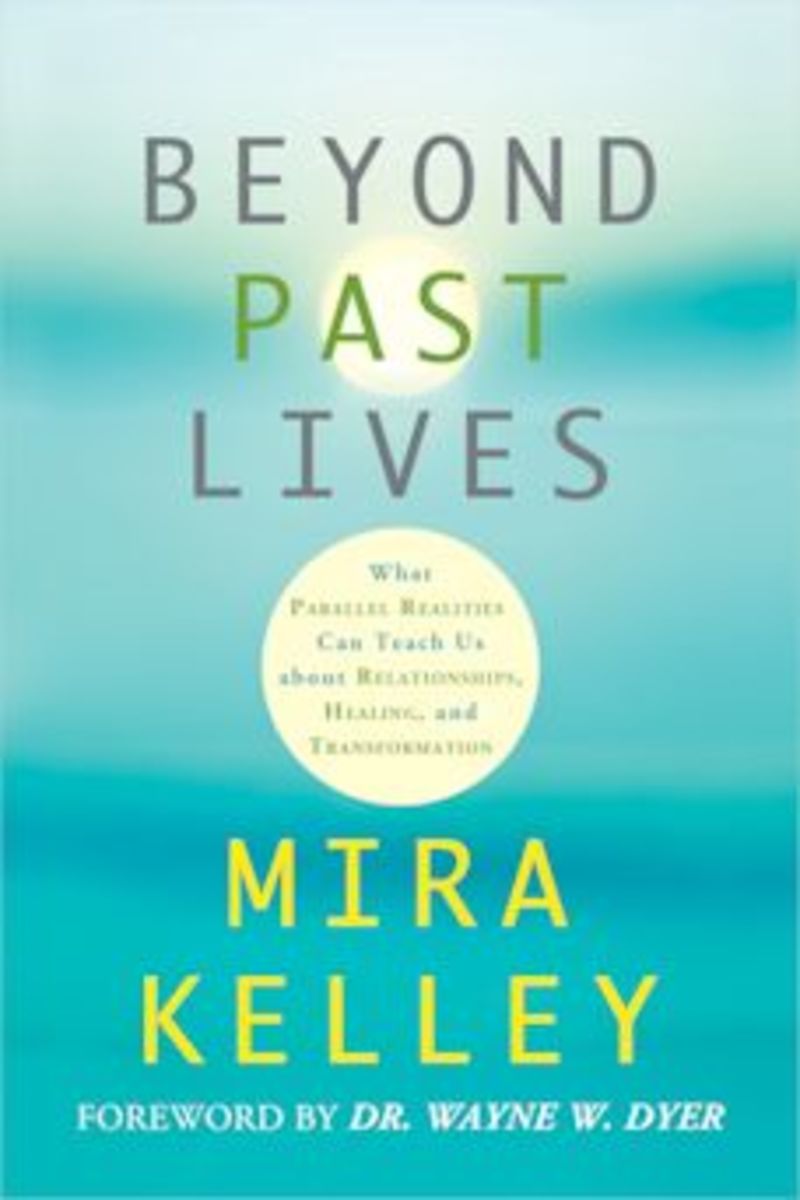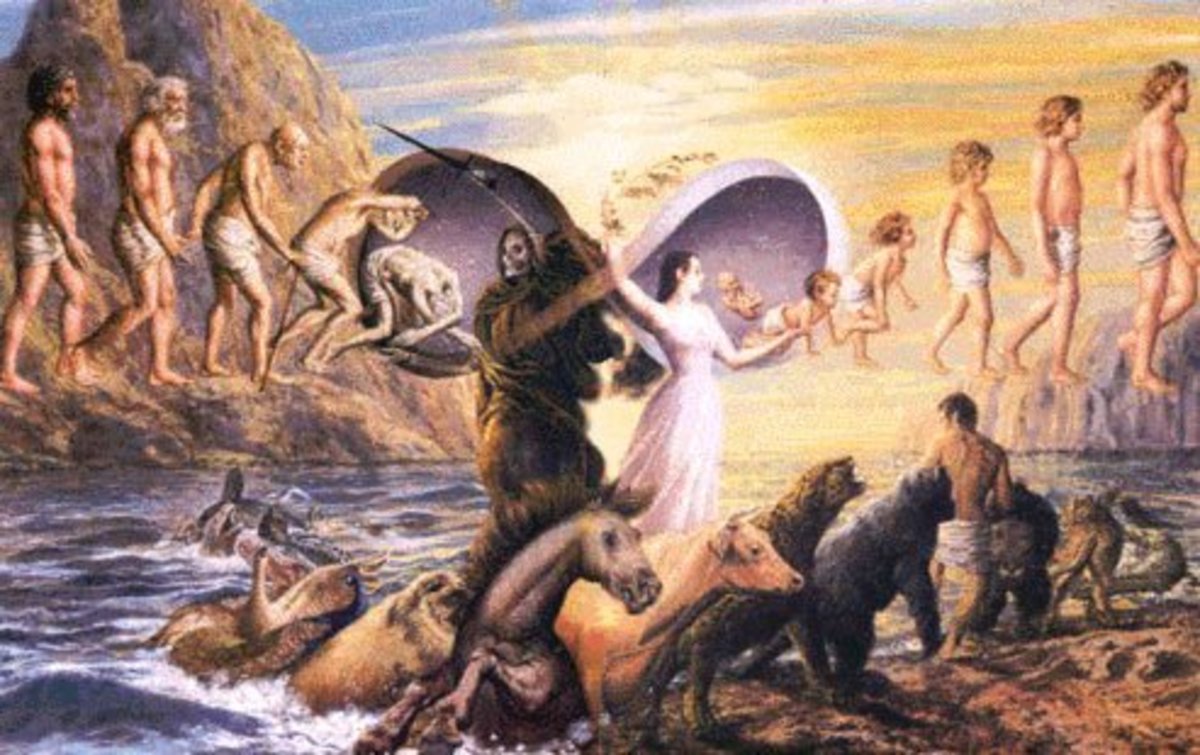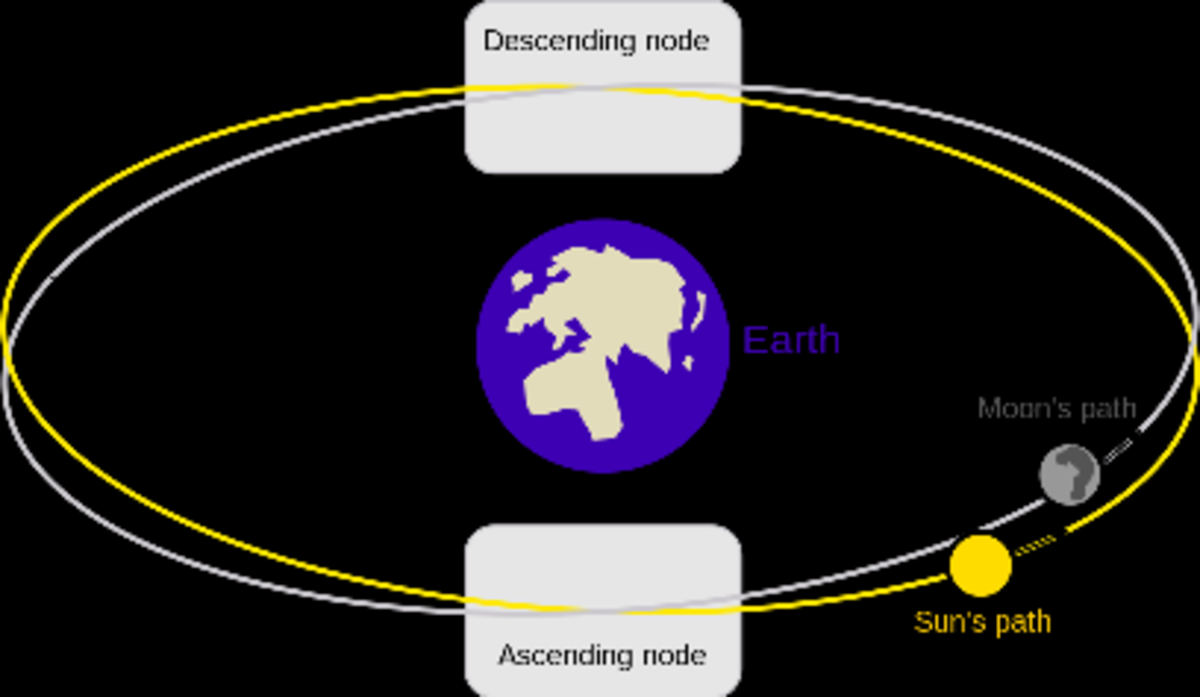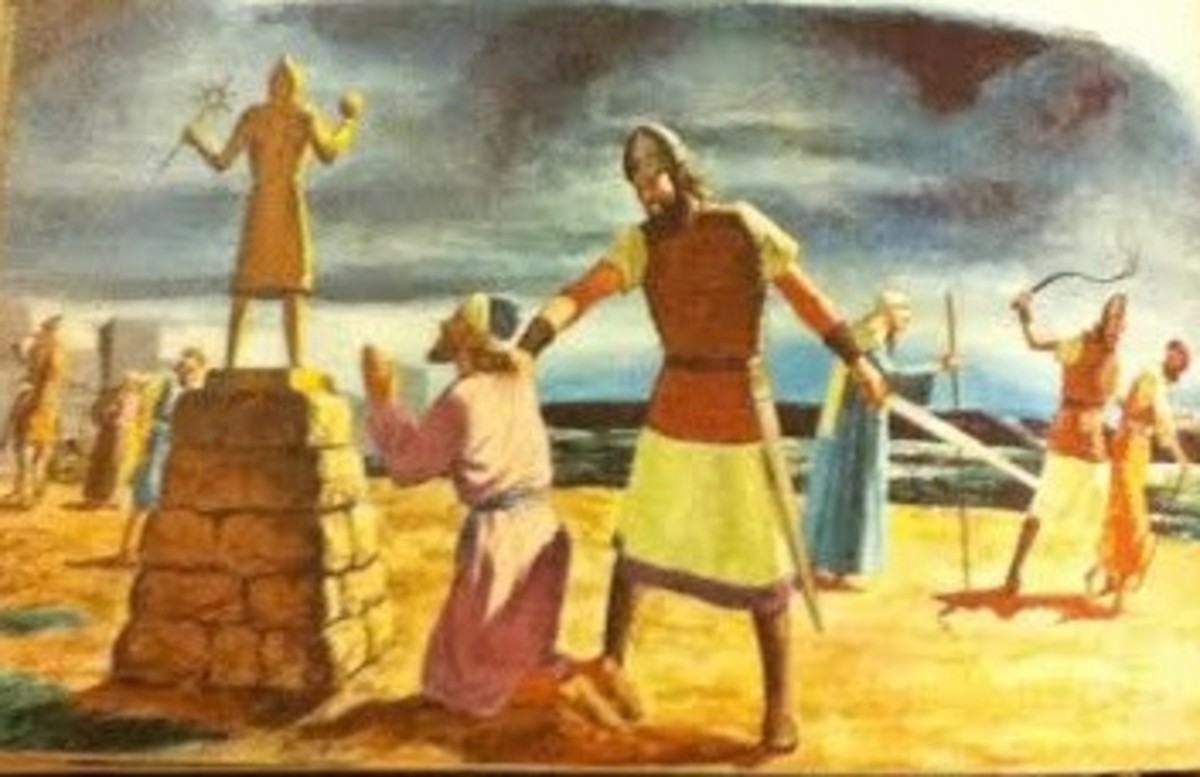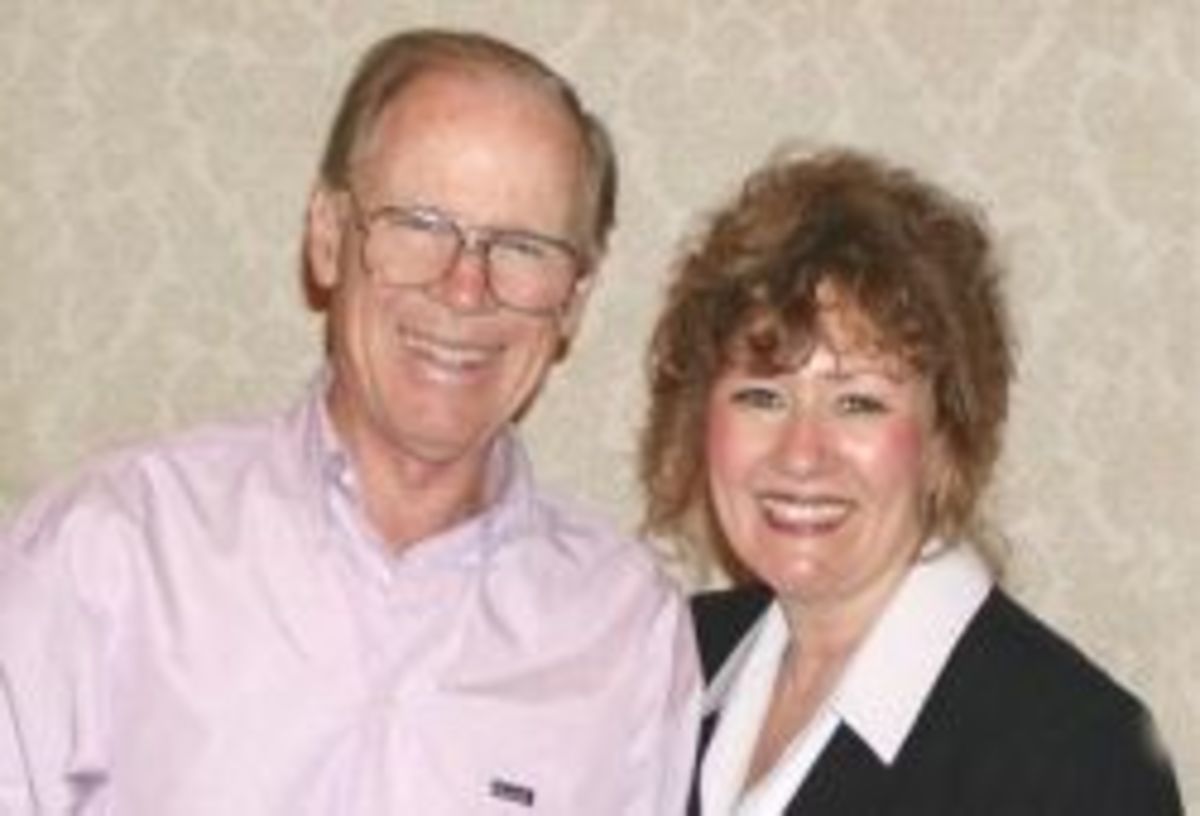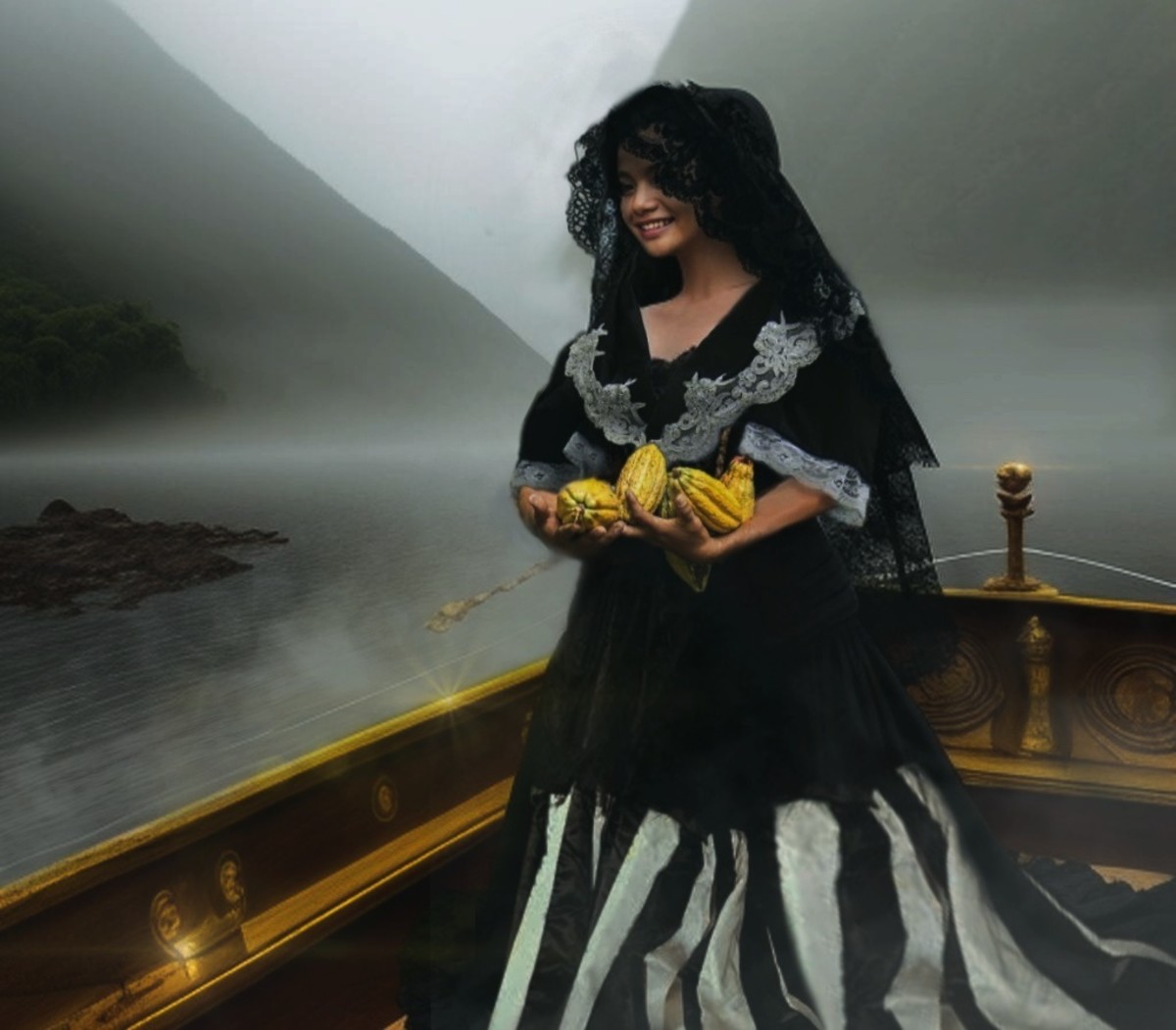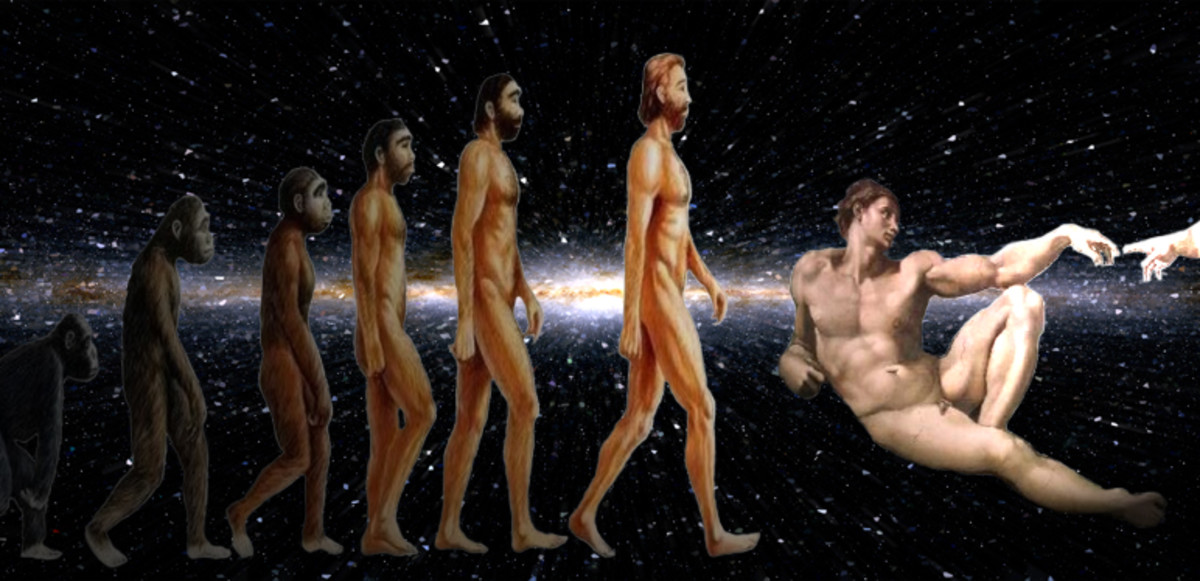What Was I in a Past Life?
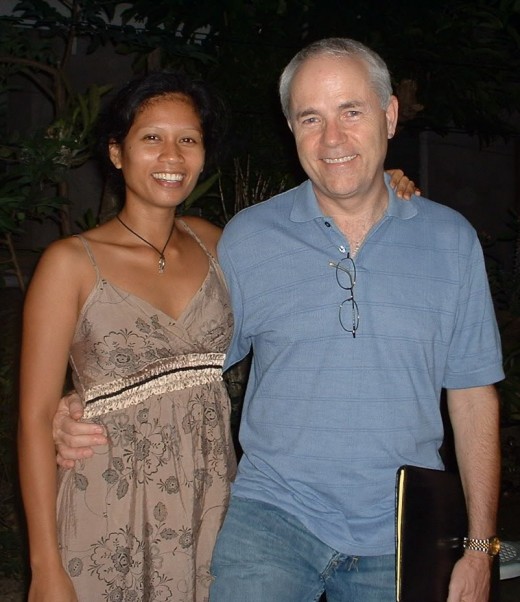
Not many people can remember their past lives. Many people do not believe that such things exist. Any connection to such a past seems ephemeral or confusing, at best
Some feel that their religion bars their belief in reincarnation, which is funny because religion deals with spiritual matters, and reincarnation is one of the most deeply spiritual aspects of our existence.
Take Christianity, for instance. Reincarnation was once not such a strange idea for Christians. In fact, one of the earliest church fathers, Origen, wrote at length about the pre-existence of souls and about transmigration from body to body. Two hundred years later, politics and imperial intrigue resulted in Origen's name and works being declared anathema.
The Nazarene had told his disciples, "But I tell you, Elijah has already come, and they did not recognize him, but have done to him everything they wished. In the same way the Son of Man is going to suffer at their hands. Then the disciples understood that he was talking to them about John the Baptist" (Matthew 17:12–13, KJV). He did not say that someone like Elijah, or with the qualities of Elijah, but that Elijah himself had already come. Even though John the Baptist denied that he was Elijah returned, Yehoshua made it clear that John had become a stumbling block for his imperfect memory and faith.
When the disciples of Yehoshua of Nazareth asked their master about a man who had been born blind, they wondered if his condition could have been caused by something the man himself had done. Their master did not caution them against such a belief in past lives, but that is exactly what they were inferring. How else could a man deserve to be born blind by something he had done unless he had done that thing in a prior life?

Past Lives
A rare few seem to remember at least one past life. A young boy woke up with nightmares about his plane crash sixty years earlier during World War II at the battle of Iwo Jima. He began to remember details and names that only true memories could have accounted for. When finally he was taken by his parents to meet some of the surviving members of the aircraft carrier, the young boy instantly recognized one of his old buddies and called him by name.
When I was working as a graphic designer on Melrose Place in Los Angeles in the 1980's, the owner of the design studio told me of her immigration from India to the United States. She was Jewish and had no problem with the concept of reincarnation. In fact, she remarked that one of the most startling differences in culture involved the topics of newspapers. In the West, the headlines included scandal, murder and mayhem. In India, the headlines frequently included awe inspiring tales of reincarnation—like that of a five-year-old boy remembering the family gold he had buried in his prior life without letting his former wife know. When finally he had found his former wife, the gold was located and his former family made no longer destitute.
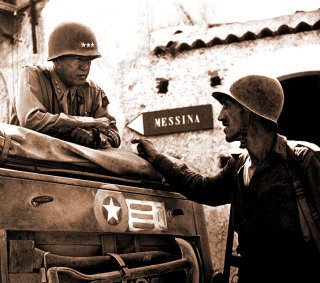
Recalling Past Lives
There are therapists who specialize in past life regression using hypnosis and other techniques. The controversial, modern religion, Scientology, uses numerous counseling techniques to unburden past lives in order to find the truth behind current conditions. Perhaps it's not at all remarkable that the founder of Christianity once said that one need only know the truth and one would be set free—a concept used effectively in Scientology.
But what would you do if someone asked about your past life? What would you be able to tell them? Would you be afraid to look? Would you merely scoff at the idea?
I have experienced several hundred hours of Scientology counseling and received great benefit from them. Spiritually, I had achieved immense freedom I had never known before. Not all of the counseling involved past lives, but a great portion of it did. Most of the memories were fleeting glimpses. Some of them came with greater clarity, but the object was never to dwell on any one memory or any one lifetime. The "truth-freedom" connection was always the object and focus of those sessions.
World War II General, George S. Patton, believed in reincarnation. As a junior office in World War I, he visited a town in France and refused the tour the French officer offered, because he knew the place well from his time in the Roman Empire. Not many people would be so unabashedly open about such a thing. In the movie, Patton, George C. Scott, portraying the General, gives an impassioned soliloquy about his time in the final days of Carthage. Later, he tells his aide about the final days of the 1812 war with Russia and the French retreat from Moscow, the memory of which let him know how bad the Germans were doing in the current war.
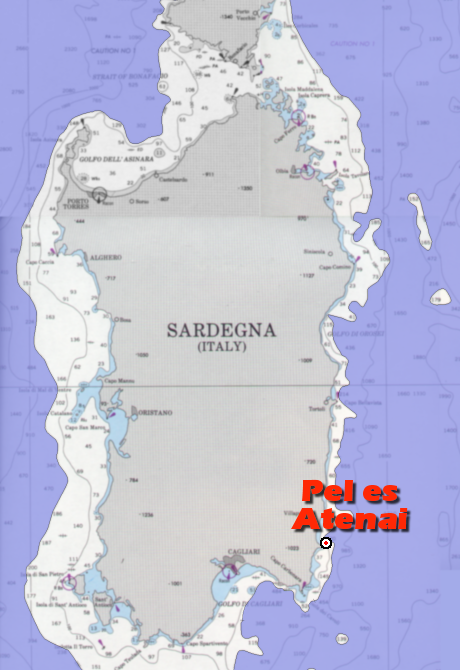
My Most Vivid Memories of a Past Life
A decade ago, while writing a novel (Edge of Remembrance) about the days following the loss of Atlantis, I experienced two very vivid memories.
Granted, not many people believe Atlantis ever existed—at least not many (or any) scientists. Even though we don't have direct proof of Plato's lost island empire, we do have indirect evidence of its passing. Three items of scientific evidence coincide with Plato's date for that awful event—three earth-shaking effects. One of those involves proof that there was a major tectonic subsidence somewhere in the oceans of planet Earth.
Writing fiction requires that you get into your characters and feel what they're feeling. While imagining the details of my novel, I found myself getting caught up in the experience. Was I reliving a past life or merely creating a fiction in the present?
I began to feel the emotional distress of the main character, Merla. Her responsibilities included finding food for the hundreds of refugees under her care. She had just lost her homeland and had few immediate options. There were no convenience stores nearby. In one scene, I had her walking along the beach away from the refugee settlement. She came upon a cliff overhanging the coastal rocks and there she made a discovery which later made her famous—a bitter, alkaline fruit which had lain in sea water for many days had become sweet by comparison.

Suddenly, the room went dark and my eyes beheld the scene as if it were happening in real life. I could see the pool of sea water and the collection of olives gathered in its depths, fallen from the tree at the edge of the cliff, above.
Some might ask, "What were you smoking? What drugs were you taking?" But there was none of that. Hallucination? I have no proof that it was otherwise, so it remains easy to dismiss.
I chose as the location for the refugee settlement and site of their new capital city, Pel es Atenai (Pallas Athena), a spot on the old coast now several dozen feet below sea level, just off the modern coast of Sardinia. At that time, the island was joined as one with Corsica, to the North. Will archaeologists one day find ruins of their settlement at this location? The myth of Odysseus tells of strange people with powerful magic living around the Tyrrhenian Sea. Could those have been the children of Atlantis?
Merla, my novel's main character, had lost many friends and loved ones when Atlantis was swallowed by the Atlantic. One of them had been her former lover.
In one scene, as refugees are arriving from other collection points, Merla is consecrating the ground whereupon they will be building their new town or "pel." The last batch of refugees arrives and Merla pays little attention to them, until one man lingers at the shuttle which brought them. Suddenly, Merla found it impossible to breathe. The image of the man standing there looked exactly like her lost lover, Aten.
While writing this scene, I suddenly found myself overwhelmed with emotion. Again, I could see the scene vividly as if I was experiencing it in real life. It took me quite by surprise. The feeling poured out as a heavy mix of relief, joy, pent up grief and bewilderment, but also intense love. And just as suddenly, I found a river of tears pouring down my face.
In the past, I had thought such descriptions of emotion to be unreal. I had never seen tears flow like a river, but here I was experiencing it for the first time. Yes, I had cried before, but never with the generous flow experienced that day. Was the mental image only an hallucination? I have no proof of it, but I'm convinced that it was a genuine memory—a memory of a love story long before our own histories began.
Can I remember a past life? Yes, I have remembered many, some with greater clarity than others. Prove it? I don't need to. I'm quite happy with the knowledge I have.

